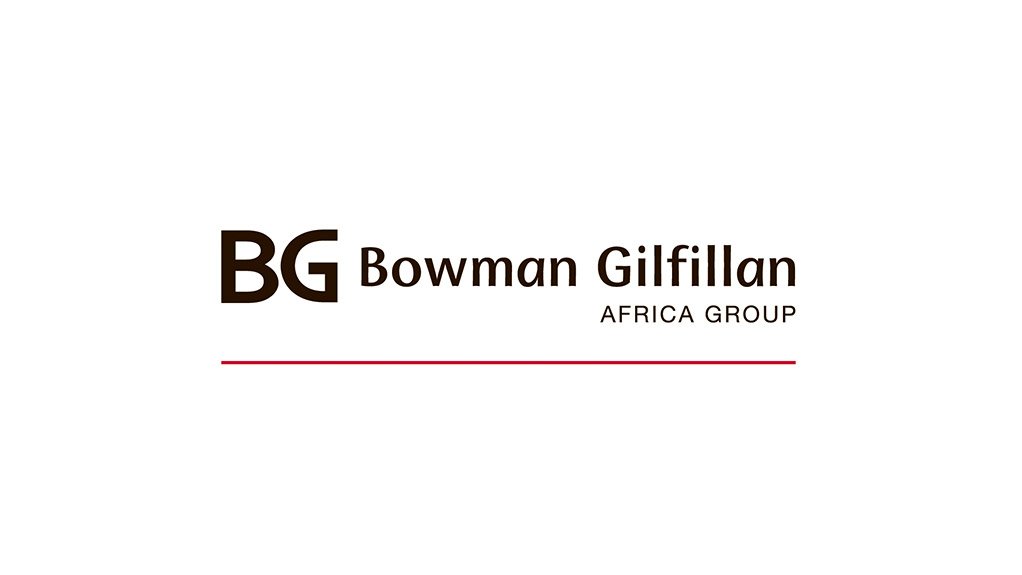National Treasury published the Draft Default Regulations (Draft Regulation) to the Pension Funds Act (PFA) in July last year (2015). The Draft Regulations form part of the broader retirement and savings reforms initiated by National Treasury in 2011. Since the closing of public comments in October last year, no new or revised set of Draft Regulations have been published for public comment. We assume the National Treasury, together with industry stakeholders, is carefully considering whether the revised draft will address the shortcomings of the current Draft Regulations.
The Draft Regulations were published in terms of section 36 of the PFA which empowers the Minister of Finance to make regulations that are not inconsistent with the provisions of the PFA, and in order to ensure that the purpose of the PFA is achieved.
The object of a retirement fund is to provide benefits to its members in terms of the rules of the fund. The PFA states in section 7 of the Act that the board must ensure that the fund is, and will remain, financially sound and able to pay benefits to members in accordance with the fund’s rules. In this regard, the board is obliged to ensure that the fund’s assets are managed and invested in a responsible manner and that the investments comply with Regulation 28 to the PFA.
Regulation 28 sets prudential limits on investments in certain categories of assets that funds may invest in. For example, it specifically permits a fund to invest up to 10% of its assets in private equity investments. There are various types of private equity investments but retirements are increasingly being seen as institutional investors who are able to deploy assets into longer-term infrastructure investments - often part of the private equity asset allocation. Funds are a source of long-term financing for illiquid assets such as infrastructure because of the long-term nature of a fund’s liabilities.
If adopted in its current form, Draft Regulation 37 will require the rules of all funds to provide for a default investment portfolio for members who fail to, or actively choose not to, invest in the range of investment portfolios otherwise offered by the fund. Given the concerns about member investment choices being overly complex and pricey for the average member, there is no faulting the rationale behind wanting funds to offer members default investment portfolios that are simple, sound and cost-effective. The concerns are with the requirements for how these default portfolios should be constructed.
The boards of funds, having considered what an appropriate and prudent investment strategy is for them, have constructed their investment strategies and portfolios to accord with the limits set out in Regulation 28. Many funds already have assets invested in illiquid investments that may charge performance fees and invest in long-term investments such as private equity. It may be argued that Draft Regulation 37 does not align with the idea of a fund as a long-term investor, and could possibly impact on future investments in long term assets, such as infrastructure or other private equity investments. This is because it appears that Draft Regulation 37 inadvertently excludes private equity, as an asset class, from a default investment portfolio as investments are typically for a long-term period (10 years or more), and because performance fees are central to the remuneration structure of private equity.
Further, it appears that Draft Regulation 37 could potentially impact on a board’s duty to ensure that a fund is and will remain financially sound to pay benefits to members in terms of the rules. The assets of a fund belong to the fund – not the members. A member is only entitled to a benefit when it accrues to him or her in terms of the rules of the fund. To allow members to transfer “their retirement savings” from the default investment portfolio to another portfolio at intervals not exceeding three calendar months could result in funds needing more liquid assets and to have assets invested in liquid investments. This is in contrast to the long-term investment nature of retirement funds and the board’s duty to protect the interest of a fund’s membership – as a whole – and to ensure that the fund is and remains financially sound for the longer term.
Some might argue that the default investment portfolio is not intended to house all the fund’s assets but rather only those in respect of members who do not choose from the range of investment options offered by the fund (i.e. the “default”). However, if large numbers of members opt for the default investment portfolio it could significantly impact a fund’s asset spread.
At a time when institutional investors are being asked to consider longer term investments that help address the country needs – among them infrastructure and social needs - it is imperative that authorities minimize regulatory barriers that might hinder such longer term investments.
It is not clear when a revised version will be published, however it is recommended that careful consideration be given to the formulation of the Draft Regulations and the impact they will have on the retirement fund industry. If not revised, the Draft Regulations may well fall foul of their intended purpose and will have many unintended consequences which could ultimately be detrimental to not only members of funds but to broader social welfare.
Written by Deirdre Phillips, Senior Associate in Bowman Gilfillan Africa Group’s Banking & Finance Department.
EMAIL THIS ARTICLE SAVE THIS ARTICLE
To subscribe email subscriptions@creamermedia.co.za or click here
To advertise email advertising@creamermedia.co.za or click here











